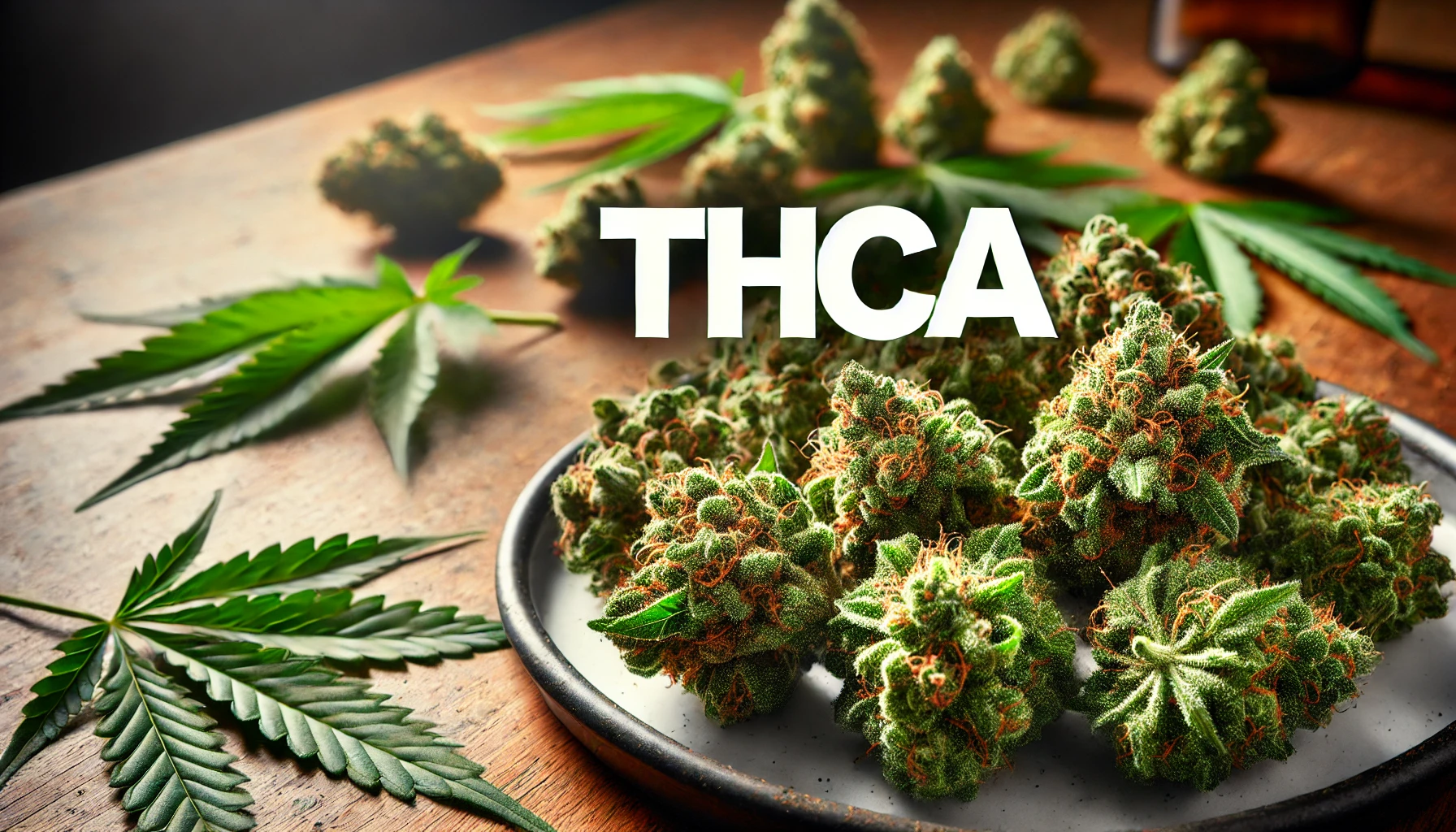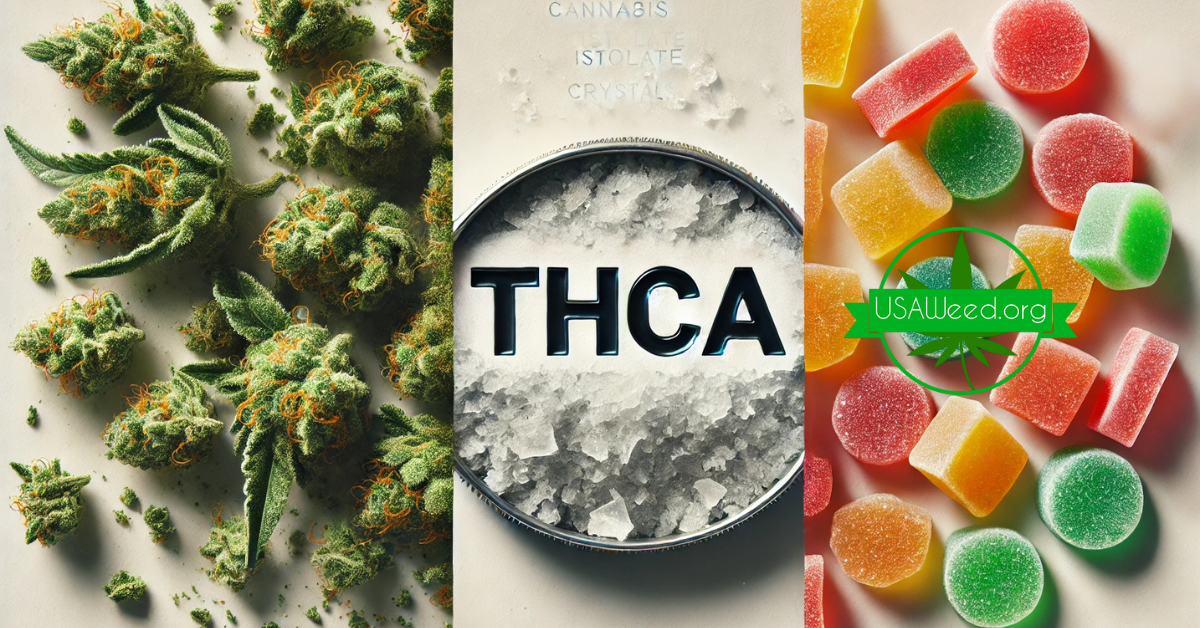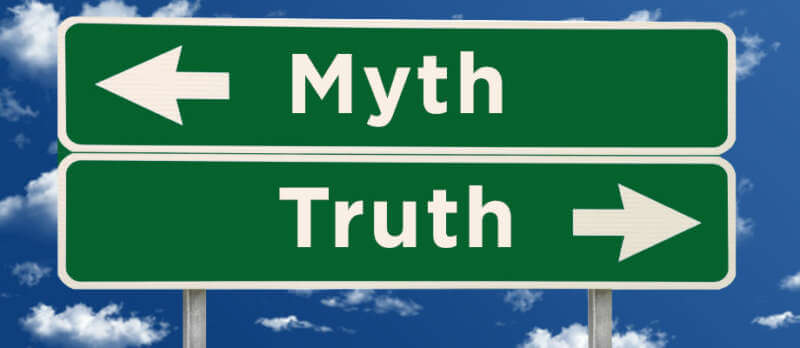Hey, everyone. Before we get into this, a quick heads-up: this is not your average cannabis blog post. If you’re not into deep talk, this might not be for you. But if you’re ready to truly understand THCA, the myths, the science, and how it all works, then grab a snack, settle in, and let’s go on a journey.
What is THCA, and How Does It Work?

Let’s start with the basics. Tetrahydrocannabinolic acid (THCA) is a naturally occurring compound found in raw cannabis. It’s often called the precursor to THC, the compound that gives cannabis its psychoactive effects. But here’s the catch: THCA itself doesn’t get you high. To experience the effects of THC, THCA Hemp Flower needs to be converted into THC through a process called decarboxylation.
Decarboxylation happens when cannabis is exposed to heat, whether by smoking, vaporizing, or baking. This transformation removes a carboxyl group from the THCA molecule, turning it into THC—the compound responsible for the intoxicating effects.
The Big Debate: Does THCA Get You High?
One of the most common misconceptions is that THCA in its raw form can produce a high. The reality? It doesn’t. Raw cannabis, rich in THCA, won’t give you the psychoactive effects of THC unless it’s been decarboxylated. This is why people juicing raw cannabis leaves or adding raw flower to smoothies don’t experience a high—THCA remains chemically inactive until it’s heated.
However, when THCA is exposed to sufficient heat, it converts to THC. That’s why smoking, vaping, or baking cannabis activates its psychoactive properties.
How THCA Converts to THC: The Science of Decarboxylation
When cannabis is heated, THCA undergoes a chemical transformation called decarboxylation. This process removes a carboxyl group (CO2) from the molecule, leaving behind THC. Here’s how it breaks down:
- Smoking or Vaping: Combustion temperatures (500-800°F) cause rapid decarboxylation. This is why smoking or vaping cannabis delivers immediate psychoactive effects.
- Baking: Heating cannabis at 220-240°F for 30-40 minutes gradually converts THCA to THC, maximizing the yield and preserving other cannabinoids and terpenes.
The Conversion Rate: How Much THCA Becomes THC?
The conversion from THCA to THC isn’t one-to-one. On average, about 87.7% of THCA converts to THC during decarboxylation. To estimate THC potency, multiply the THCA percentage by 0.877. For example:
- A strain with 20% THCA will yield approximately 17.54% THC after decarboxylation.
This calculation is particularly useful for understanding the potency of cannabis products labeled with THCA percentages.

The Difference Between Smoking and Baking THCA Flower
Let’s address an important point: the method of heating THCA matters.
Smoking THCA Flower
- Instant Effects: When you smoke or vape THCA flower, the heat quickly converts THCA to THC, delivering immediate psychoactive effects.
- Efficiency: While smoking is effective for rapid decarboxylation, some cannabinoids and terpenes may be lost due to the high temperatures.
- Experience: Smoking provides a quick, no-fuss way to enjoy the effects of THC.
Baking THCA Flower
- Gradual Conversion: Baking allows for slow, controlled decarboxylation at lower temperatures. This method preserves more cannabinoids and terpenes.
- Preparation for Edibles: Decarboxylated cannabis is perfect for making edibles, where THC is metabolized differently, resulting in longer-lasting effects.
- Potency Control: Baking ensures a higher THC yield compared to smoking.
In short, smoking is ideal for quick effects, while baking is better for controlled potency and preserving the full spectrum of cannabinoids.

Common Myths About THCA
Myth 1: THCA and THC Are the Same
While they’re chemically related, they’re not identical. THCA is non-psychoactive in its raw form, whereas THC is responsible for the cannabis high.
Myth 2: All THCA Converts to THC
Not all THCA is converted. Factors like temperature, time, and method of heating influence the efficiency of decarboxylation.
Myth 3: THCA Can’t Be Used Without Heating
THCA has potential non-psychoactive benefits and can be consumed raw in juices, tinctures, or capsules. However, it won’t produce a high unless decarboxylated.
Wrapping It All Up
THCA is an incredible compound that’s often misunderstood. It’s non-psychoactive in its natural state, but when heat is applied, it transforms into THC, the compound we associate with cannabis’s intoxicating effects. Whether you’re smoking it, baking it, or calculating its potency, understanding the nuances of THCA can help you make the most of your cannabis experience.
Thanks for sticking with this deep dive. Now that you’re equipped with the facts, you can better navigate the world of cannabis products and confidently decode the labels. And remember, knowledge is power especially when it comes to cannabis.
